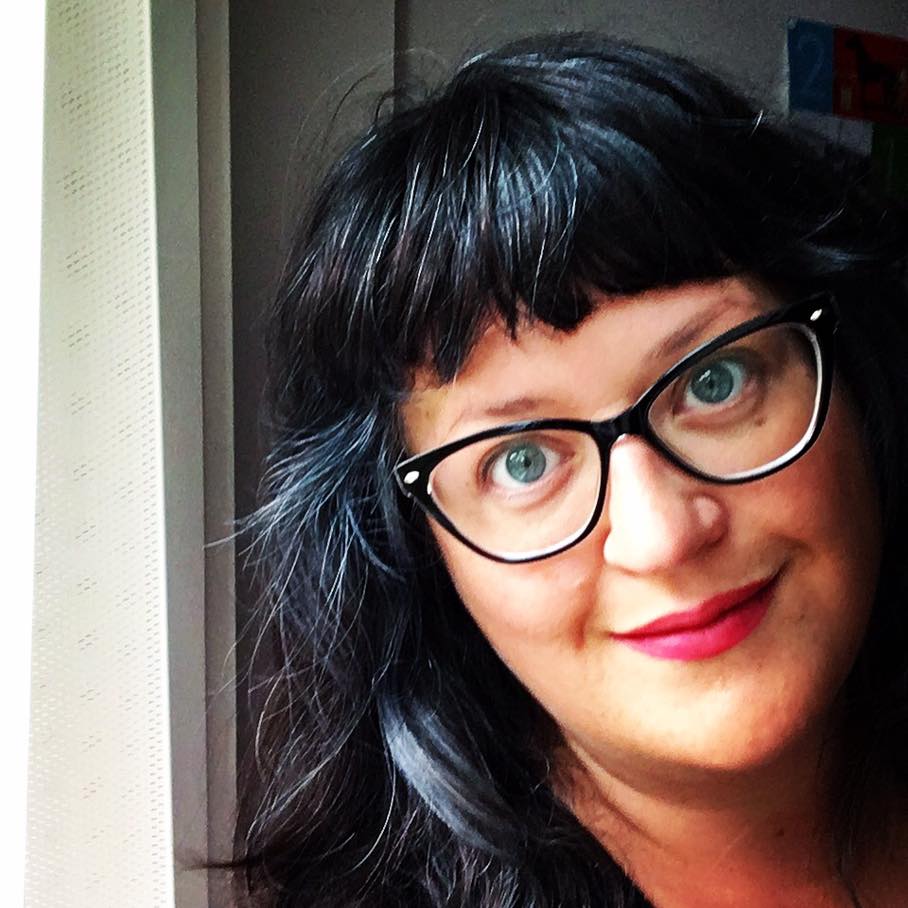 Alexis Logsdon (@librarianrover) is a research and instruction librarian at Macalester College in St. Paul, MN who attended the annual meeting of the Art Libraries Society of North America (ARLIS/NA) as a Kress+DLF GLAM Cross-Pollinator Fellow. Learn more about Alexis, or read her reflection on the conference below.
Alexis Logsdon (@librarianrover) is a research and instruction librarian at Macalester College in St. Paul, MN who attended the annual meeting of the Art Libraries Society of North America (ARLIS/NA) as a Kress+DLF GLAM Cross-Pollinator Fellow. Learn more about Alexis, or read her reflection on the conference below.
This February I had the honor of attending the ARLIS/NA conference in New York City as the DLF + Kress/GLAM cross pollinator. While I work with art history students, I am not an art librarian, so I found myself drawn to sessions that were focused on the area that intersected most with my DLF-related interests. As it happens, there were three sessions on topics relevant to digital publishing.
In one session, I learned about the development of e-journals in art history. One panelist discussed retroactively making a born-digital journal more sustainable and discoverable. Another panelist explanded on this concern: how are the journals we are supporting on various platforms—repositories, WordPress sites, or elsewhere—searchable in our ILS or on the web? How are readers coming to these materials and is there more we can do to guide this?
A second panel focused on that old digital publishing mainstay: the institutional repository. Like many libraries, art librarians reported challenges in getting buy-in from faculty and students around contributing to their repositories. But the resistance to depositing appears to take a very specific flavor for artists and art students: intellectual property. Many artists are resistant to making their work widely available via a repository for fear of losing control of their creative output. Panelists offered some strategies they have employed to build trust and buy-in.
A third panel took up the question of digital publishing from the perspective of less traditional digital projects: an interactive fashion history timeline; a critical edition of a digitized French fashion magazine from the turn of the 19th century; a multi-platform urban architectural history project. A wide array of tools were used to develop, host, and preserve these projects. I was most curious about a project out of Columbia’s lab for experimental methods in the humanities. Columbia’s (and DLF’s) Alex Gil discussed “minimal computing” and “publication as preservation,” which I won’t pretend I fully understand, but did find very intriguing. Plus—bonus! —cool images of fashions of bygone eras!
It was great to learn what challenges art and academic librarianship share, as well as encounter some novel approaches and projects that are particular to art libraries. I am so grateful to DLF and Kress for providing this opportunity!
